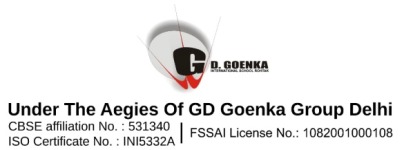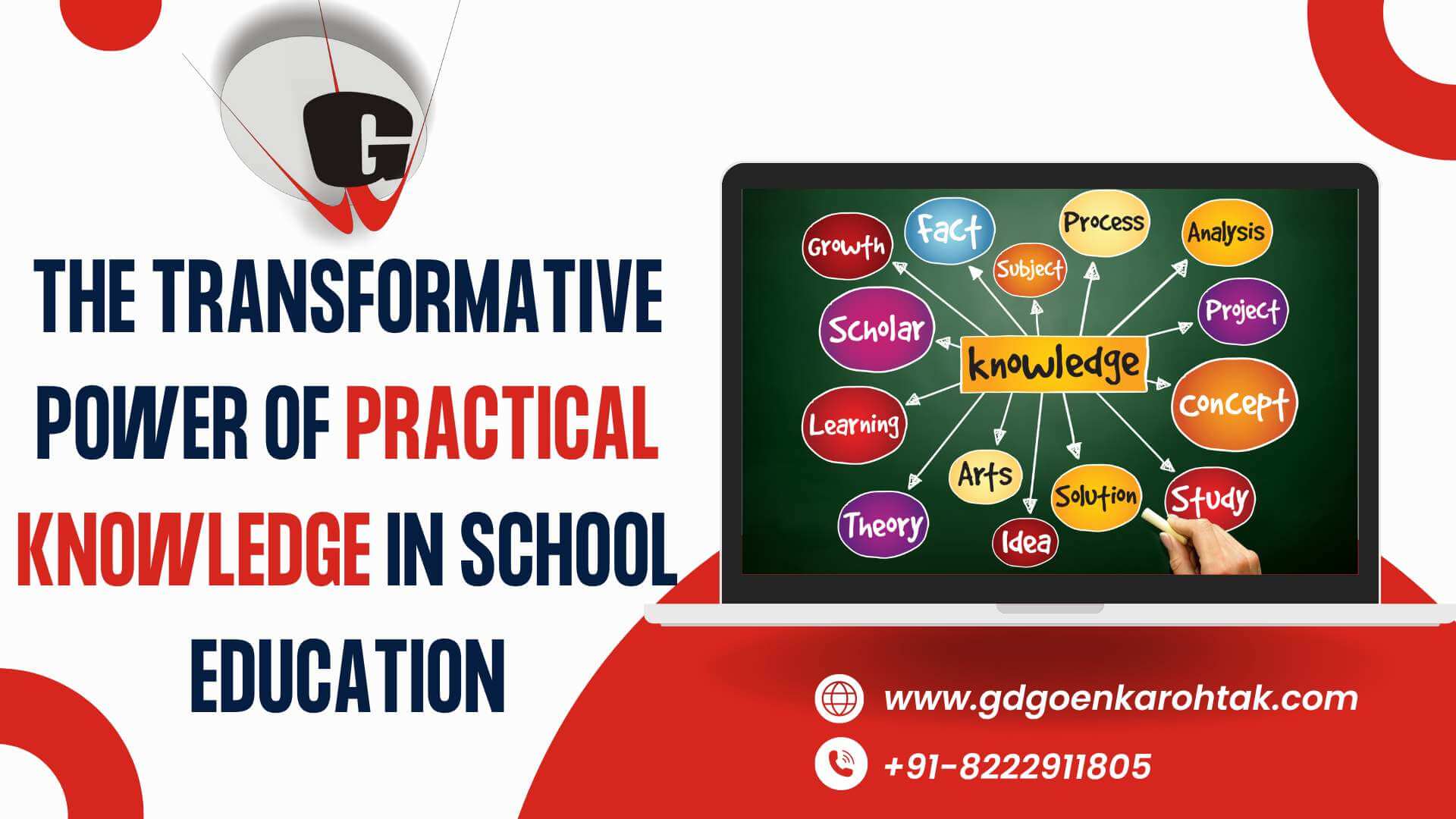In the field of education, it is impossible to overstate the value of practical knowledge for pupils. While theoretical knowledge is the cornerstone of academic thinking, practical knowledge is the thread that connects abstract ideas to concrete experiences. Educators at top boarding schools in North India hold the belief that practical knowledge develops a deeper comprehension of subjects, enhances critical thinking abilities, and stimulates creativity by involving students in practical activities, experiments, and real-world applications. Additionally, it gives learners the fundamental knowledge and skills for addressing problems that they will need to effectively navigate the complexity of the modern world. In this blog, we will explore the significance of practical knowledge and its benefits in the overall development of students.
Real-Life Application
Practical knowledge allows students to apply what they have learned in a classroom setting to real-life situations. By engaging in hands-on experiences, students gain a deeper understanding of concepts and develop problem-solving skills that are crucial in various professional fields. This practical approach adopted by schools like GD Goenka International School, Rohtak, bridges the gap between theory and practice, ensuring that students are well-prepared for their future endeavours.
Enhanced Learning Experience
The integration of practical knowledge into the curriculum enhances the overall learning experience for students. By actively participating in experiments, projects, or field trips, they become more engaged and motivated. Practical activities enable them to explore subjects beyond textbooks and develop a genuine curiosity about different areas of study.
Skill Development
Practical education not only focuses on acquiring subject-specific skills but also contributes to developing essential life skills such as teamwork, communication, critical thinking, and problem-solving abilities. These skills are transferable across various domains and are highly valued by employers in today’s competitive job market.
Encourages Innovation and Creativity
Practical learning environments indeed serve as fertile ground for students to cultivate their creativity, explore new ideas, and develop an entrepreneurial mindset. By engaging in hands-on activities, experiments, and projects, students are encouraged to think critically, problem-solve, and take initiative, thus nurturing their ability to innovate and adapt to new challenges. This fosters not only a spirit of creativity but also instills in students the confidence and skills needed to become future innovators and change-makers in their communities and beyond.
Career Readiness
Employers increasingly seek candidates who possess both academic qualifications and relevant practical experience. Practical knowledge gained during schooling equips students with industry-related skills, making them more employable upon graduation. Students who have hands-on experience demonstrate adaptability and a better understanding of workplace dynamics.
Personal Growth
Engaging in practical activities fosters personal growth among school students. They gain confidence through successfully completing tasks or projects independently or as part of a team effort. Such experiences help build resilience while encouraging innovation and creativity – qualities necessary for individual growth throughout life.
Conclusion:
Practical knowledge is undeniably important for school students’ holistic development. By supplementing academic learning with hands-on experiences, students can gain a deeper understanding of subjects, develop crucial skills, and prepare themselves for future challenges. Best CBSE Schools in India must prioritize the inclusion of practical knowledge in their curriculum to ensure that students are equipped to succeed not only academically but also in various professional and personal endeavours.


